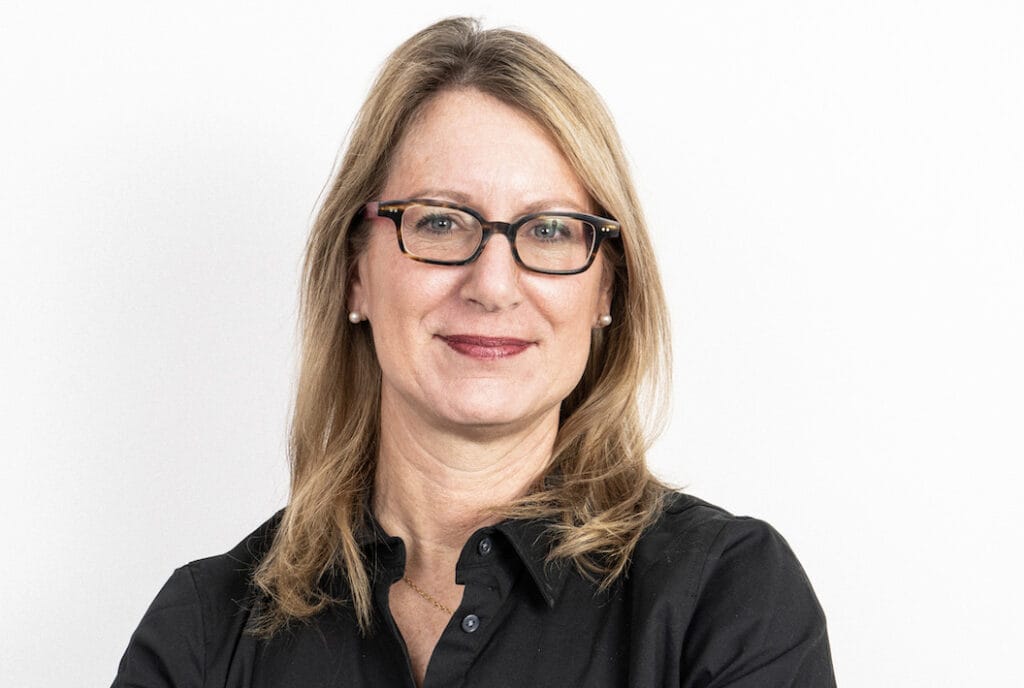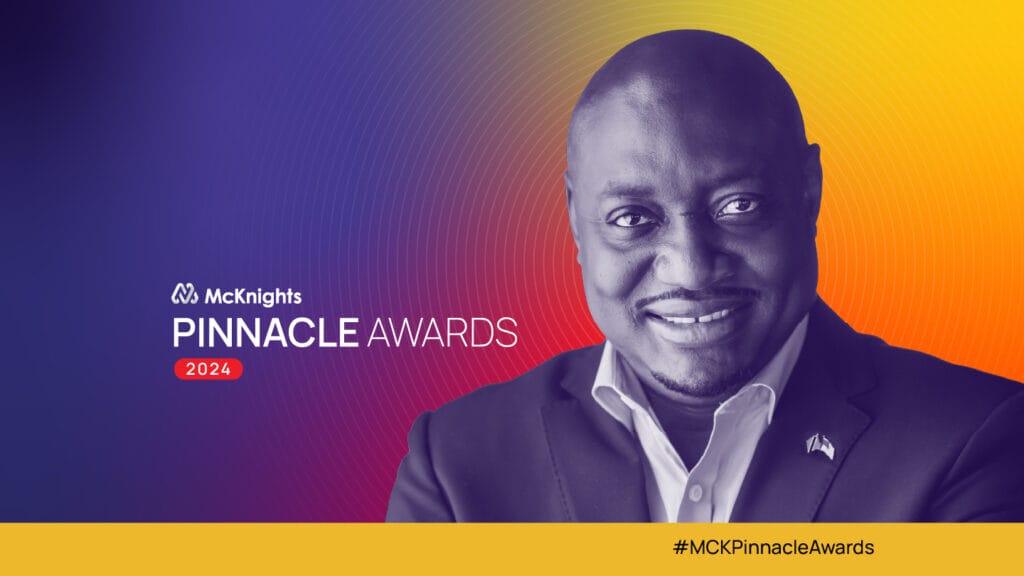Medicare Advantage (MA) often seems like a distant relative — a bit cryptic, somewhat intimidating, but someone you need to know because she’s in the family.
What is clear: The program, which resides under the Medicare umbrella but is available through private insurance plans, offers a new approach to insurance. The idea in developing MA plans was to shift the burden of risk and cost away from the federal government and on to individual payers. Essentially, Medicare pays a capitated rate to a plan, which can then use the money as they wish. Those plans then develop partnerships with organizations to share that risk.
Which brings us to home care. The industry’s eyes are squarely on MA because of the exploding growth of these MA plans. In fact, the National Association for Home Care & Hospice devoted a whole day of education (Nov. 4) to this insurance vehicle.
One takeaway? The time is now for home health agencies to start figuring out who the MA players are and work with them. That is according to one of the NAHC speakers, Michael Neuman, vice president of data science and engineering at the technology firm Trella Health. The exploding growth of MA plans — expected to exceed 50% of eligible lives this year — is reason enough for home health to be aware of them.
But there is also a cautionary aspect to MA plans. For one, still not a lot is known about them. For example, in general, Medicare fee-for-service beneficiaries use home health more than MA beneficiaries. Why is this? It’s not entirely clear. Are there barriers for MA beneficiaries to use home health services? Possibly. More research is required.
More chilling is that the home health buyer better beware, as not all MA plans are good partners. Neuman pointed out a couple of examples of plans in which the rate of rehospitalizations within 30 days was low but then jumped up after 30 days.
So what can a home health leader like yourself take from this? Get to know MA, Medicare’s newest member of the family, warts and all. Learn everything you can about it. Then find a plan or two and do your homework. Get the data. Find out if they can help you.
If they can, take a leap and see if you can work together. It just may help you to succeed. The truth is: You may not have a choice. Like your great-aunt Aunt Sally, MA is just not going away.
Liza Berger is editor of McKnight’s Home Care. Email her at [email protected] and follow her @LizaBerger19.


